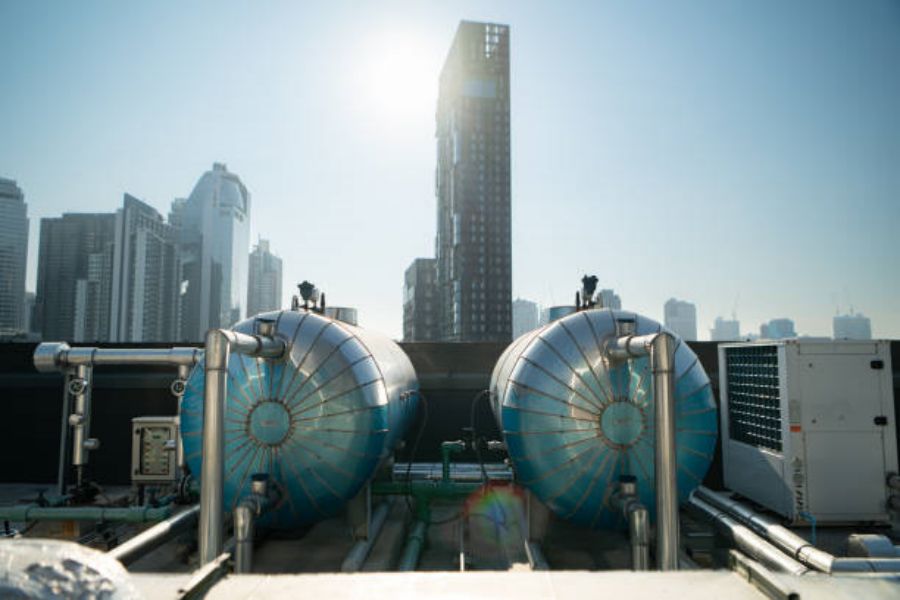Introduction
portable chillers have become increasingly popular in various industries as they provide a cost-effective and efficient solution for cooling needs. This article will cover all aspects of portable chillers, including their applications, types, benefits, and maintenance.
Applications of Portable Chillers
Portable chillers are used in a vast range of applications, including the food and beverage industry, pharmaceuticals, plastics, and many others. They are suitable for any industrial environment that requires cooling, such as cooling industrial processes, equipment, or products.
Types of Portable Chillers
There are three main types of portable chillers: air-cooled, water-cooled, and self-contained. Air-cooled chillers are compact and easy to transport, while water-cooled chillers are more energy-efficient but require a water source. Self-contained chillers are a combination of both, with a built-in pump and control system.
The Benefits of Portable Chillers
One of the most significant benefits of portable chillers is their flexibility, meaning they can be moved to different locations as needed. Additionally, they are cost-effective and energy-efficient, with a small footprint and easy installation. They also provide precise temperature control, ensuring consistent cooling for industrial processes, equipment, and products.
Factors to Consider When Choosing a Portable Chiller
Several factors must be considered when choosing a portable chiller, including cooling capacity, temperature range, and energy efficiency. Other factors include noise level, durability, ease of maintenance, and overall cost. It is important to choose a portable chiller that meets the specific cooling needs of your application.
Maintenance of Portable Chillers
Maintenance is crucial to ensure the longevity and efficient operation of portable chillers. This includes regular cleaning, checking for leaks, and inspecting the electrical components. It is recommended to follow the manufacturer's guidelines for maintenance to ensure the optimal performance of the equipment.
Common Problems with Portable Chillers
Some common problems with portable chillers include refrigerant leaks, electrical faults, and mechanical failures. These issues can be prevented through regular maintenance and prompt repairs. It is essential to identify and address problems quickly to prevent downtime and costly repairs.
Portable Chiller vs. Traditional Cooling Systems
Traditional cooling systems, such as central air conditioning, can be costly and take up a significant amount of space. Portable chillers offer a more cost-effective and efficient solution, with a more compact design and the flexibility to move to different locations when needed.
Current Trends in Portable Chillers
One current trend in portable chillers is the use of eco-friendly refrigerants, such as R-410A and R-134A, which have a lower impact on the environment. Another trend is the increasing use of remote monitoring systems, which allow for real-time monitoring and control of the chiller's performance.
Conclusion
Portable chillers are an excellent solution for various industries that require cooling. They offer flexibility, cost-effectiveness, and efficient performance. It is essential to choose the right portable chiller to meet your specific cooling needs and maintain it regularly to ensure optimal performance and longevity.
